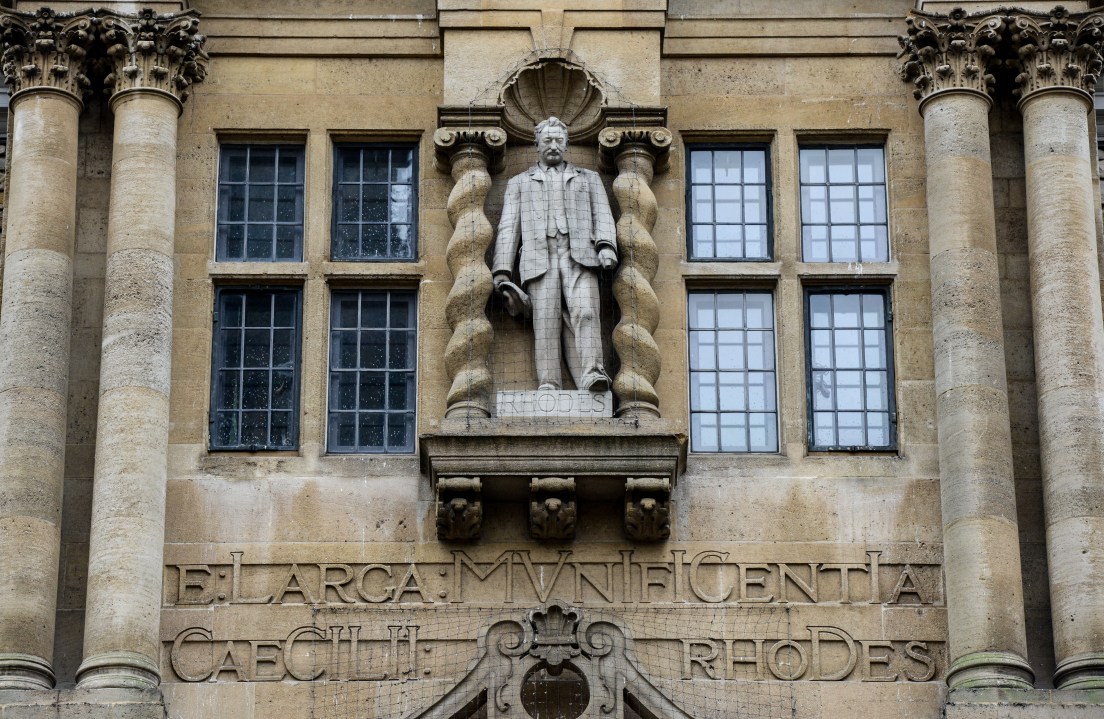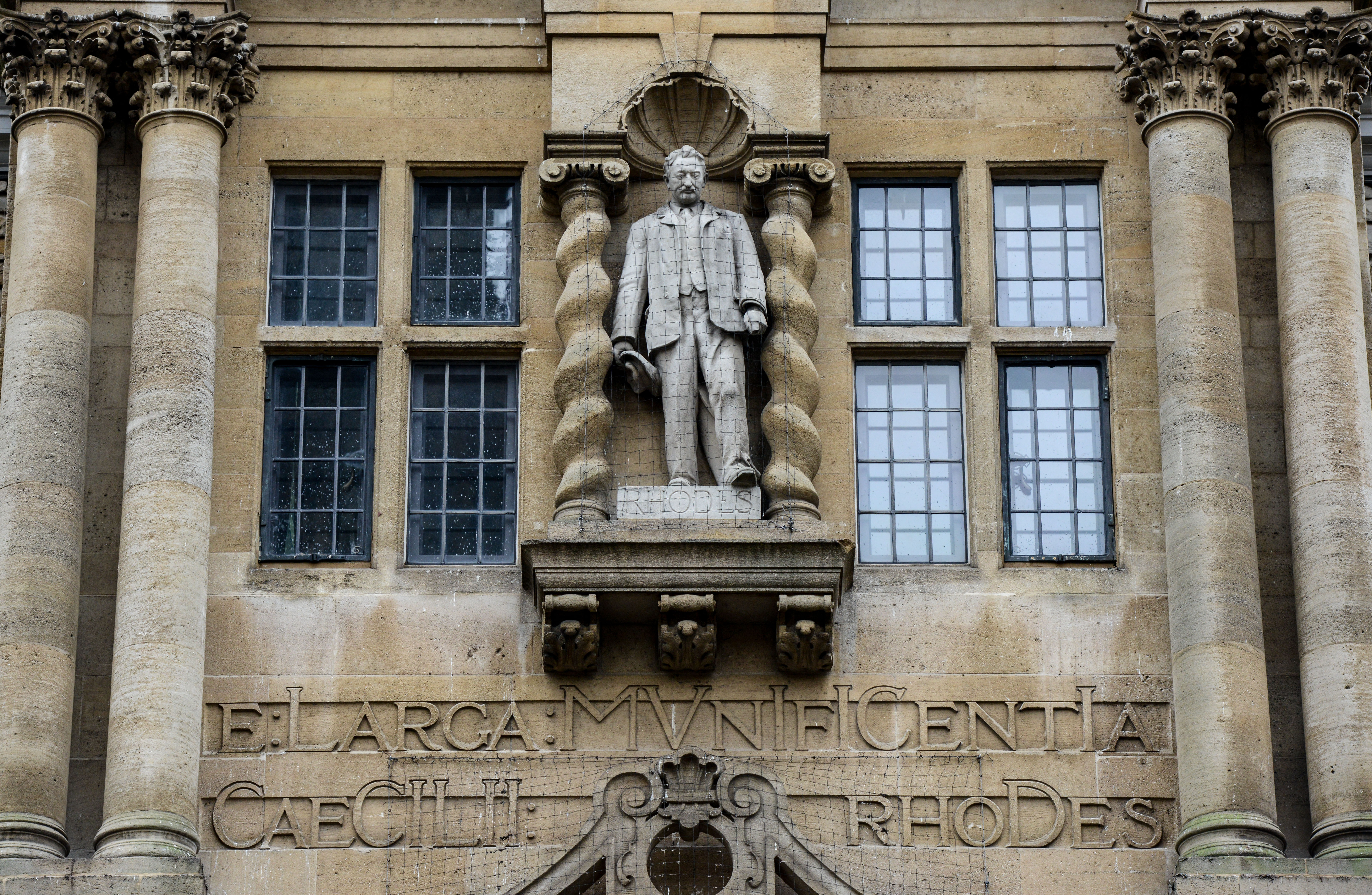Cecil Rhodes’ contemporary, Rudyard Kipling, put it best: ‘If you can keep your head when all about you are losing theirs…’ That Rhodes’s statue will not fall is the result of a serious, difficult, but careful collegiate decision by the board of 47 fellows of Oriel College. It is good that Oriel dons kept their collective heads, for all about them – as Policy Exchange’s History Matters Project has documented in recent months – are institutions far too readily acquiescing to noisy activism, demanding that condemnation, denunciation and erasure is the only way to go.
‘Retain and explain’ is a far better path to follow than the one known as ‘cancel culture’. What does ‘retain and explain’ mean in practice? That is a good question and Oliver Dowden, the culture secretary, has put together a group of us to work out an answer. At its heart, though, is a simple proposition: adding to the sum of historical knowledge is far better than subtracting from it. Additional knowledge can allow for nuance and ambiguity, resulting in a more sophisticated understanding of our past – the good bits as we all as the bad. The prize is a better grasp of the people we were, a deeper understanding of the people we are, and a clearer sense of the people we are to become.
As Oriel begins the process of how to add to our knowledge of Rhodes, their response to the report by the independent commission into Cecil Rhodes makes some other very interesting observations. The college talks about its undergraduate admissions and notes that the percentage of its students from black African and Caribbean heritage is slightly higher than the university average (3.9 per cent compared to 3.2 per cent).
The college has also agreed to make a yearly donation to the Target Oxbridge programme, which aims to increase the chances of students of black African heritage and Caribbean heritage and students of mixed race getting into the universities of Oxford or Cambridge and fundraise for scholarships to support students from Southern Africa. And here’s the kicker: the funds equivalent to that remaining in the Rhodes legacy will be used to help resource these initiatives.
The point about these initiatives is that they have practical implications in improving the situation for black Afro-Caribbean and African students. If they are successful, something real and tangible will have been achieved. Taking down statues, dropping names and engaging in social media pile-ons, does not give one black person a job, does not give one black person agency or power in the institution under attack and it does not put food on the table for one family living in deprived and poor communities.
The actions and initiatives Oriel College have put in place will have a real effect on the lives of black people which should be some comfort to those who wanted Rhodes to fall. As Lord Mendoza, the provost of Oriel College said ‘[the decision] has been a careful, finely balanced debate and we are fully aware of the impact our decision is likely to have in the UK and further afield. We understand this nuanced conclusion will be disappointing to some, but we are now focused on the delivery of practical actions aimed at improving outreach and the day-to-day experience of BME students.’







Comments